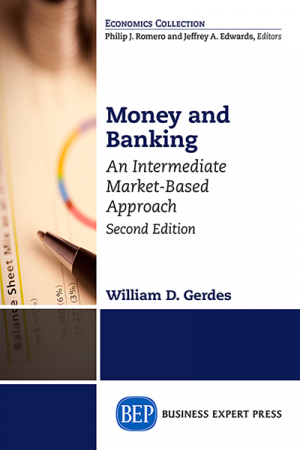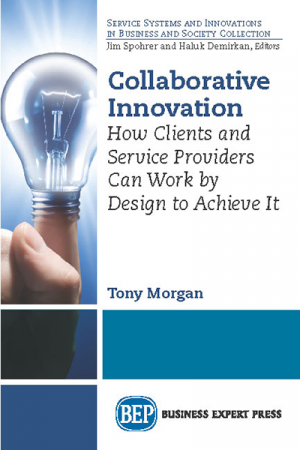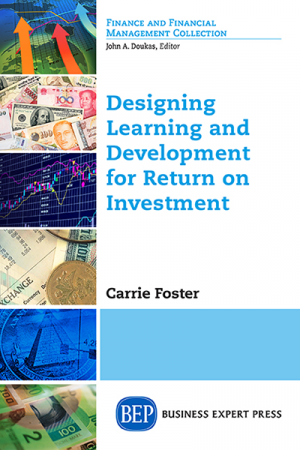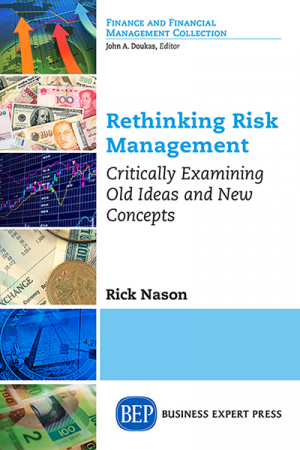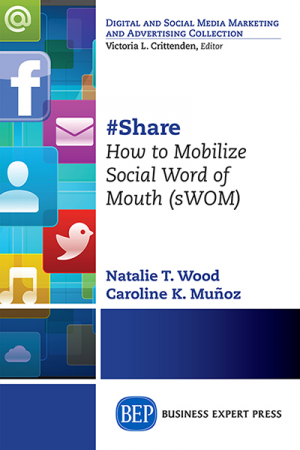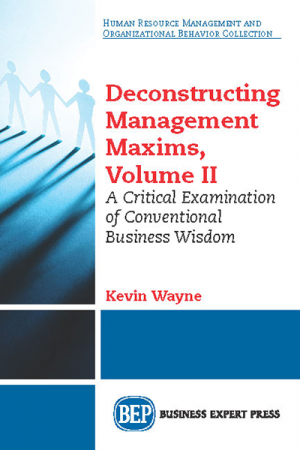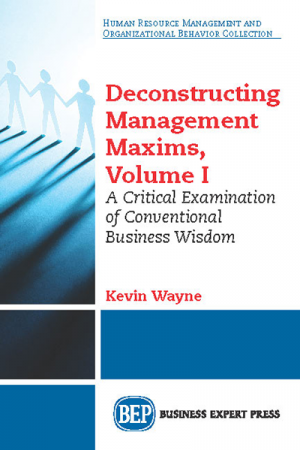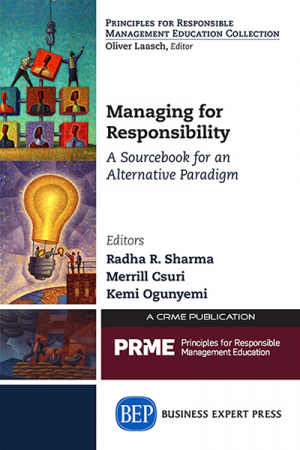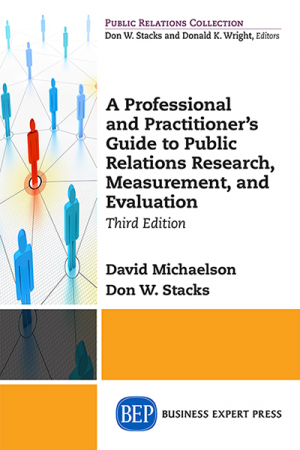Money and Banking: An Intermediate Market-Based Approach, Second Edition
$21.99Let’s learn about money! Money is a market phenomenon. It originated as a spontaneous social institution, and its use is still inextricably tied to market exchange. Therefore, the analysis of money occurs in a market setting. Use of monetary systems and a market setting as the underlying parameters ideally positions the reader to examine money in its various uses: as a medium of exchange, in credit markets, and as an instrument of monetary policy.Professor Gerdes believes that the study of money should commence at the most general level. Consequently, this book is anchored in the context of monetary systems (commodity, fiduciary, and fiat monies). This gives readers a very broad perspective— helping readers understand, for example, how the money used today differs from money used in the past, or how current money relates to money discovered by anthropologists in isolated subcultures.This book is perfect for courses in traditional money and banking courses, as well as undergraduate courses in monetary theory as well as sourcebook on money for business professionals.


